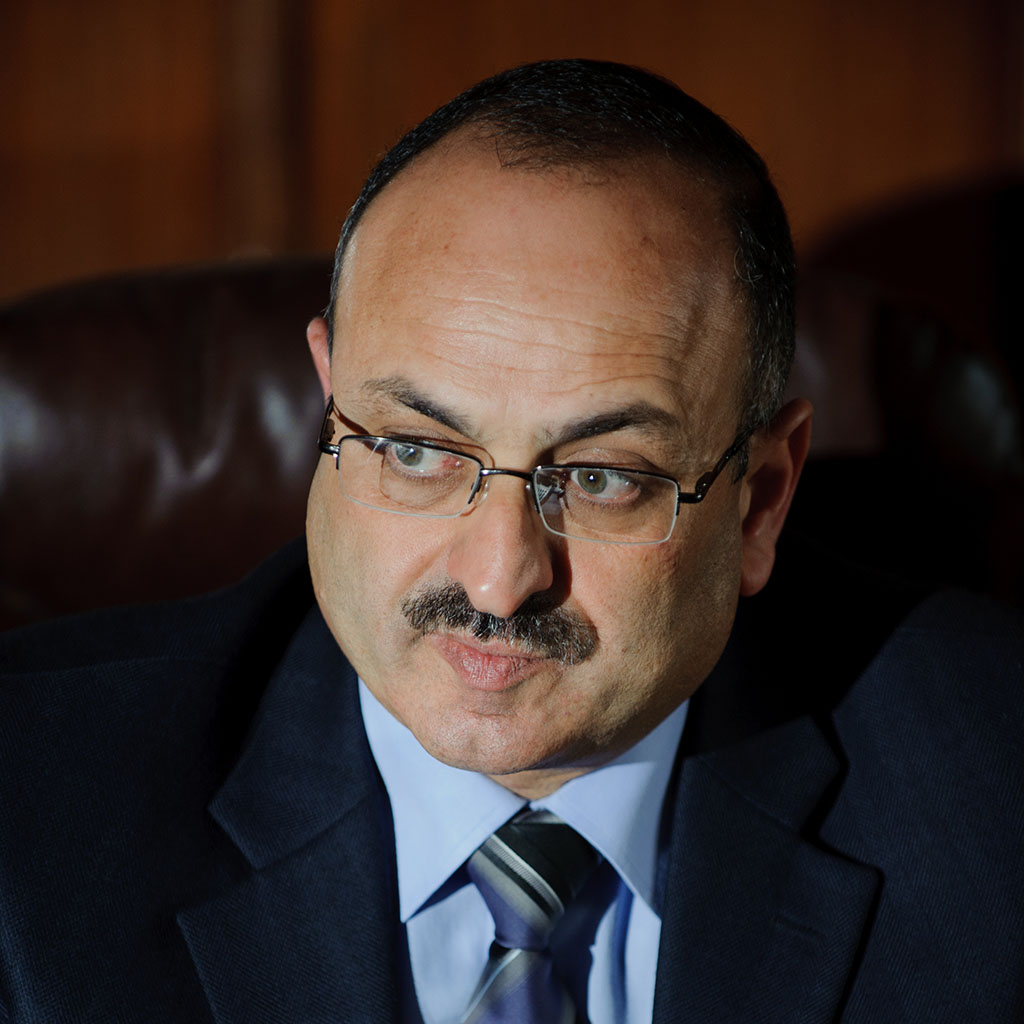Interviewed in2005
Palestinian, Christian, West Bank/Gaza/E. Jerusalem Born in: Bethlehem Lives in: Bethlehem Profession: High School Principal Works at Bereaved Families Forum Interviewed by: Joline Makhlouf
Three years ago in Bethlehem, George Sa'adeh, his wife Najwa and their two daughters were driving home from the supermarket. Israeli soldiers opened fire on their car, killing twelve-year-old Christine. Less than a year later, George joined hundreds of other Palestinian and Israeli families in the Bereaved Families Forum who work together for reconciliation and against violence and occupation. He is a school principal in Beit Sahour and recently became the deputy mayor of Bethlehem. George Sa'adeh is featured in Just Vision's documentary film, Encounter Point; to view one of his scenes, please press here.
